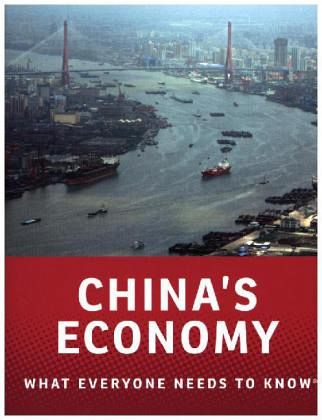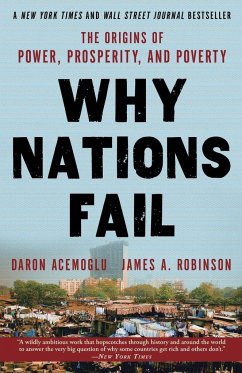Nicht lieferbar

CHINAS ECONOMY WENTK P
Versandkostenfrei!
Nicht lieferbar
In China's Economy: What Everyone Needs to Know, Arthur Kroeber offers an overview of the highlights of China's development from the manufacturing, agricultural change, and construction developments of 1980s and 1990s, through the expansion of China's financial systems, and to its present-day status as the world leader in yearly economic growth.








